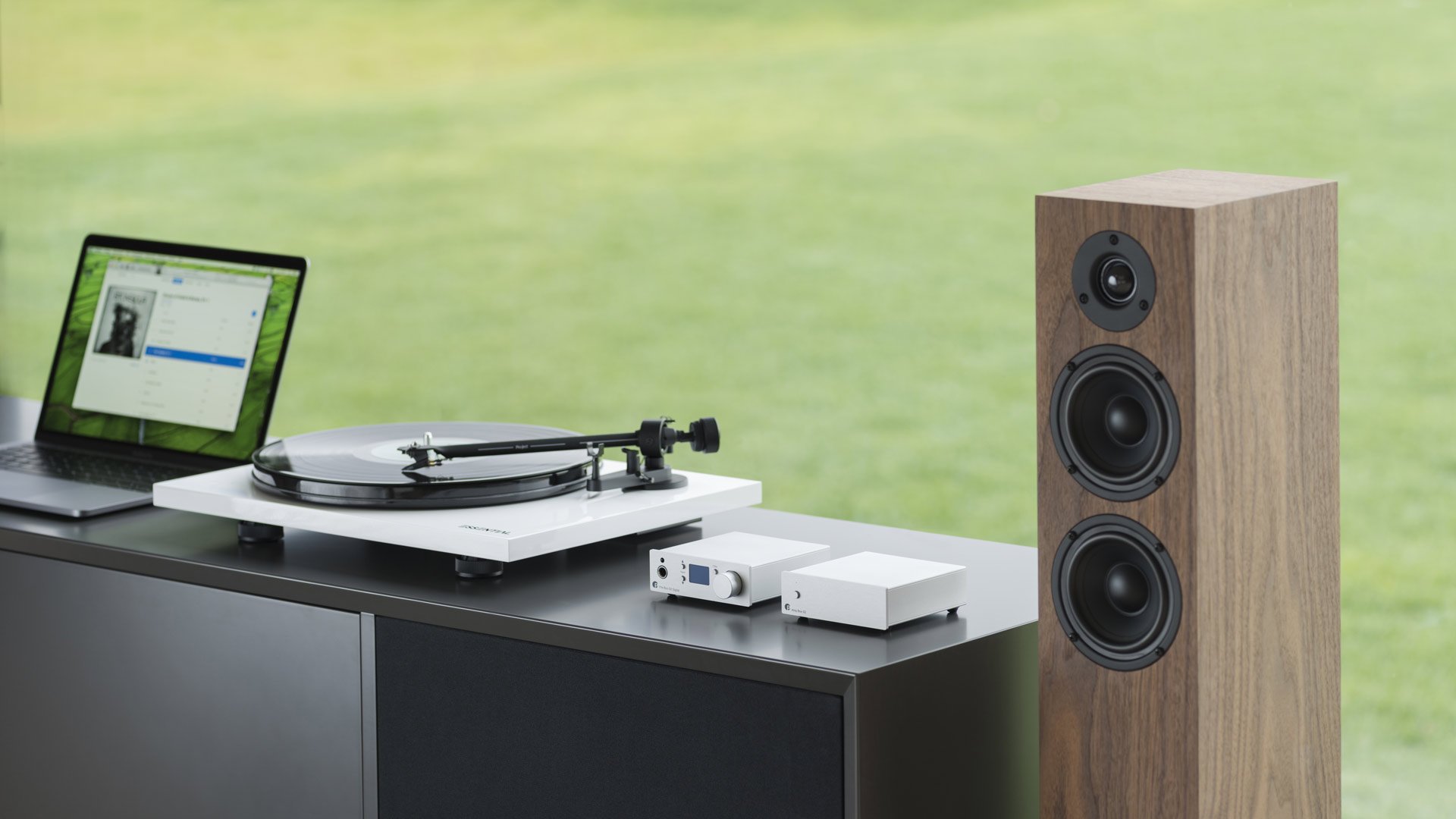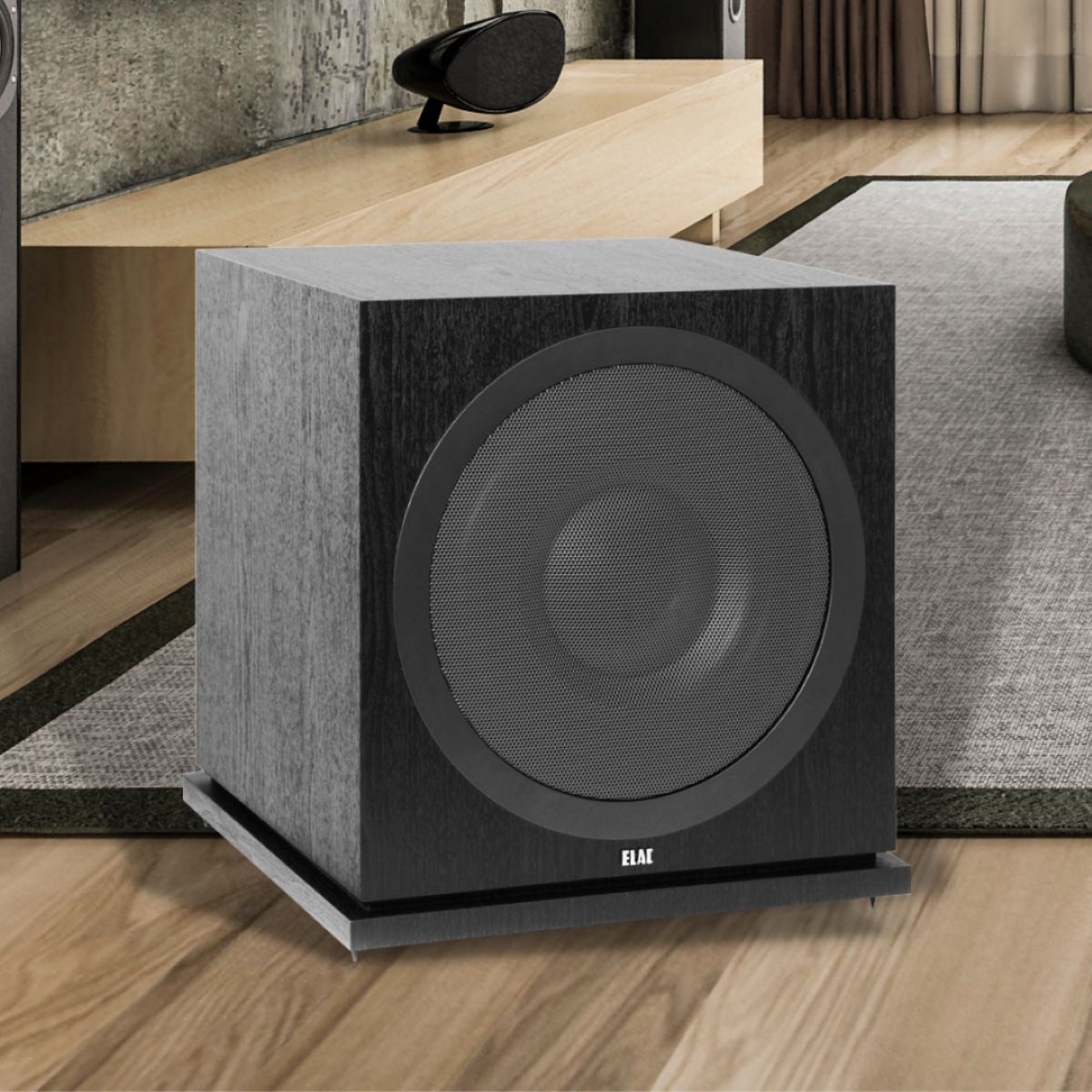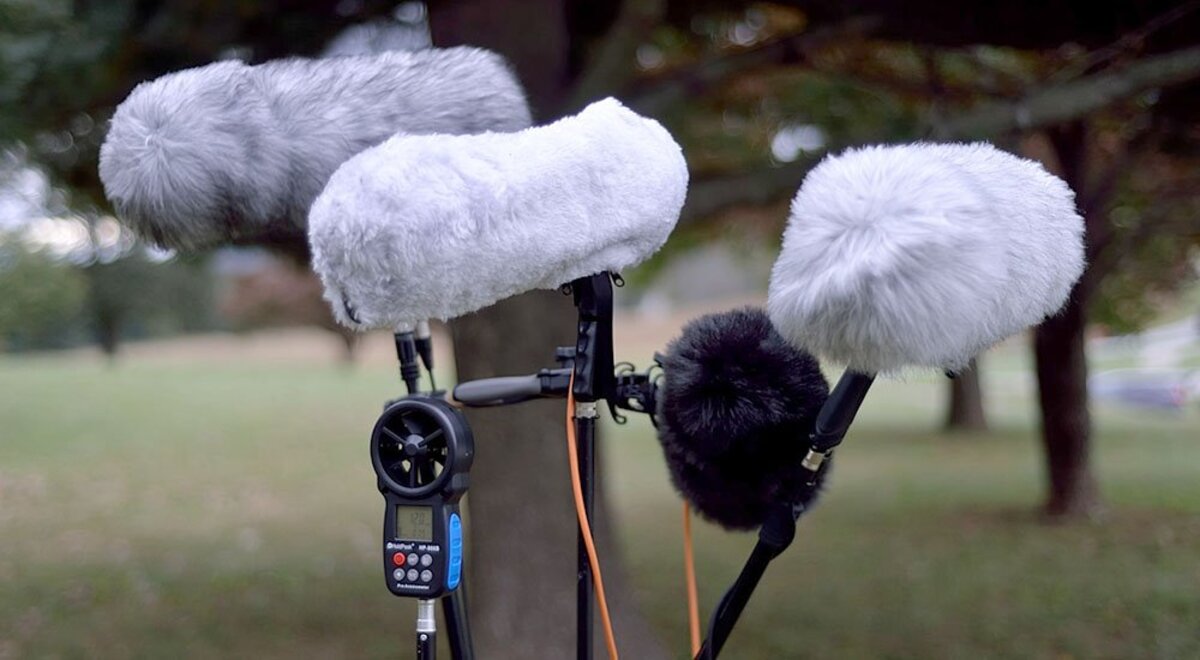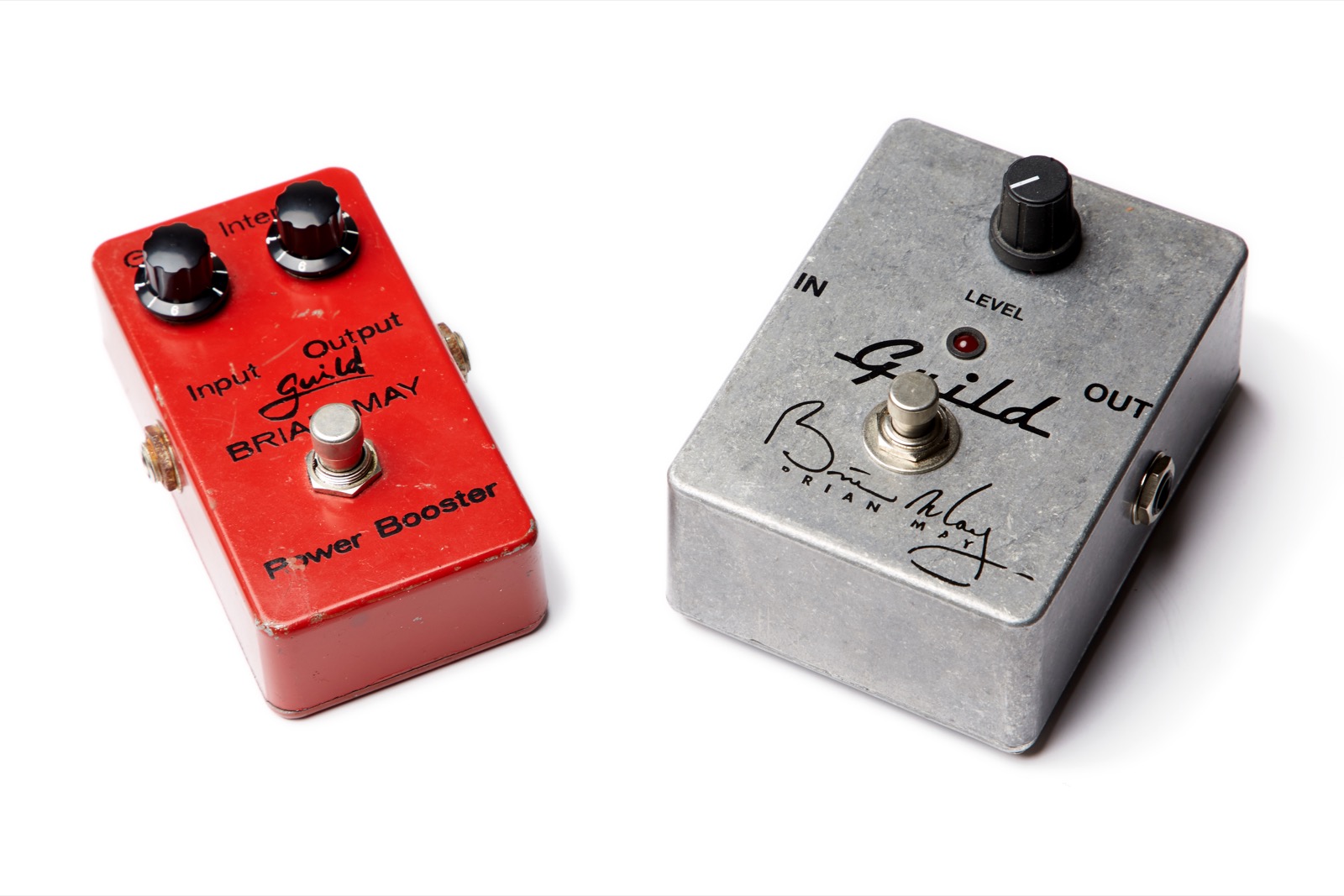Home>Production & Technology>Stereo>What Does Loudness Do On A Stereo
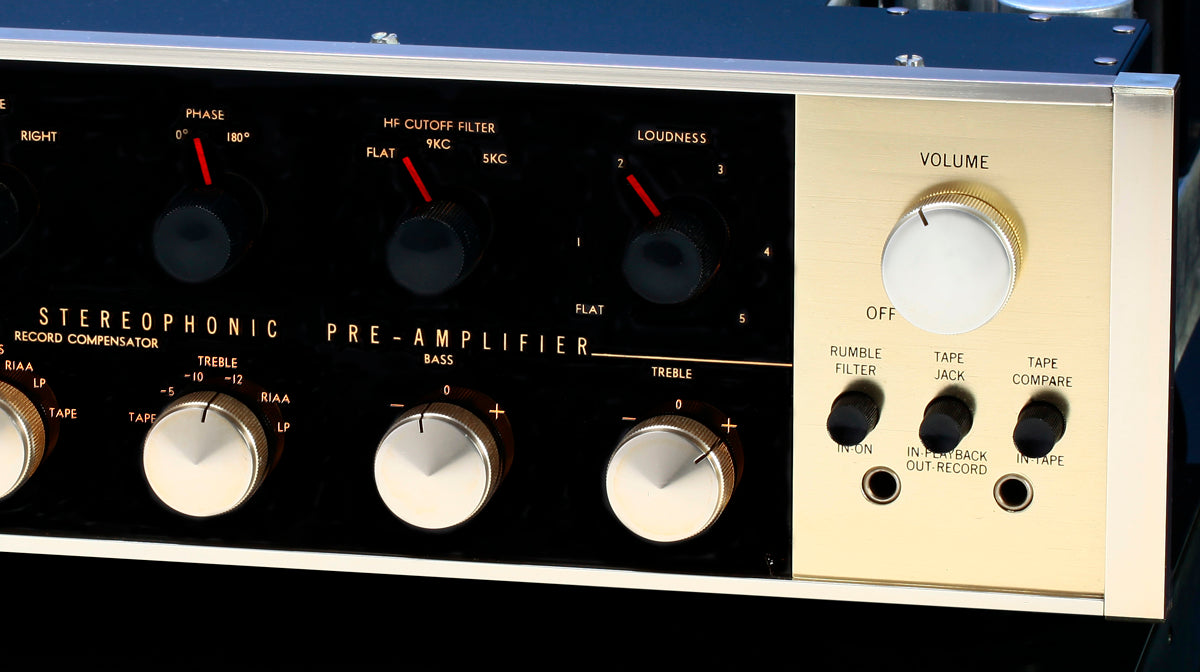

Stereo
What Does Loudness Do On A Stereo
Published: November 26, 2023
Discover how loudness on a stereo affects your audio experience. Learn how to optimize the sound quality on your stereo system for the ultimate listening pleasure.
(Many of the links in this article redirect to a specific reviewed product. Your purchase of these products through affiliate links helps to generate commission for AudioLover.com, at no extra cost. Learn more)
Table of Contents
Introduction
Welcome to the world of stereo systems, where the magic of music comes to life with immersive sound and crystal-clear audio. Whether you are a music aficionado or simply enjoy listening to your favorite tunes, you have probably come across the term “loudness” when exploring the features of your stereo system. But what exactly does “loudness” mean in the context of a stereo system?
Loudness refers to the perceived volume or intensity of sound. It is a fundamental aspect of audio reproduction and can greatly impact your listening experience. A stereo system’s ability to accurately reproduce sound at different levels of loudness is crucial for creating an immersive and enjoyable environment.
In this article, we will delve into the concept of loudness and its significance in stereo systems. We will explore how loudness affects audio quality, the relationship between loudness and stereo systems, and why proper loudness control is important. By the end, you will have a better understanding of how to optimize your stereo system’s loudness settings to enhance your listening pleasure.
So, let’s embark on a sonic journey and uncover the mysteries of loudness on a stereo!
Understanding Loudness
Loudness is a subjective perception of sound volume or intensity. It is how we perceive the loudness of a sound, rather than the actual physical measurement of the sound level. Our ears have a remarkable ability to perceive loudness over a wide range, allowing us to distinguish between soft whispers and booming explosions.
When it comes to audio reproduction, loudness plays a crucial role in delivering a captivating experience. It can greatly impact our emotional connection to the music, the clarity of dialogue in movies, and the overall enjoyment of any audio content. Properly understanding loudness is key to optimizing your stereo system for an immersive audio experience.
The perception of loudness is not solely determined by the sound level, but is influenced by various factors. These include the frequency content, duration, and dynamic range of the sound. For example, a high-pitched sound may be perceived as louder than a low-pitched sound of the same volume level. Additionally, a short burst of sound might seem louder than a sustained sound at the same level.
To quantify loudness, the decibel (dB) scale is commonly used. The decibel scale is logarithmic, meaning that each increase of 10 dB represents a tenfold increase in sound intensity. For example, a sound that measures 70 dB is ten times louder than a sound measuring 60 dB.
While the decibel scale provides a way to measure and compare sound levels objectively, it is important to keep in mind that our perception of loudness can vary from person to person. Factors such as age, hearing ability, and personal preference can all influence how we perceive loudness.
Now that we have a basic understanding of what loudness is and how it is perceived, let’s explore how it relates to stereo systems and the impact it has on audio quality.
The Relationship Between Loudness and Stereo Systems
In a stereo system, loudness is a key element that directly affects the quality of audio reproduction. It is the system’s ability to accurately and faithfully reproduce sound at different levels of loudness that creates an immersive and enjoyable listening experience.
A stereo system consists of various components, such as amplifiers, speakers, and audio processors, all working together to deliver sound. The loudness capability of each component and their interaction with one another play a crucial role in determining the overall performance of the system.
Amplifiers, for instance, are responsible for taking the audio signal and amplifying it to a level suitable for the speakers. The power output and headroom of an amplifier directly impact how loud the system can play without distortion or degradation in sound quality. A powerful amplifier with ample headroom can handle dynamic peaks in the music, allowing for a more impactful and realistic audio experience.
Speakers, on the other hand, are responsible for converting the electrical signal into sound waves that we can hear. The design and construction of the speakers, including the driver units, crossovers, and enclosure, greatly influence their ability to reproduce sound accurately across different loudness levels. High-quality speakers with a wide frequency response and low distortion can deliver a more balanced and detailed sound, regardless of the volume.
Furthermore, stereo systems may incorporate audio processors or equalizers that allow users to fine-tune the frequency response and balance of the sound. These components can often include dedicated loudness controls, which adjust the frequency response to compensate for the perceived changes in human hearing sensitivity at lower volumes. This ensures that the sound remains balanced and full, even when listening at lower levels.
By understanding the relationship between loudness and stereo systems, you can make informed decisions when selecting components or optimizing the settings of your existing system. Consider factors such as amplifier power, speaker capabilities, and the availability of features like loudness compensation to ensure a well-rounded audio experience.
Now that we understand how loudness is intertwined with stereo systems, let’s explore how adjustments in loudness can impact the overall audio quality.
How Loudness Affects Audio Quality
Loudness has a significant impact on the overall audio quality of a stereo system. It can greatly influence the clarity, dynamics, and emotional impact of the sound reproduction. Understanding how loudness affects audio quality can help you optimize your listening experience.
At lower volume levels, certain details in the music may become less audible or even masked by ambient noise. This can result in a perception of reduced clarity and a loss of dynamic range. By increasing the loudness, more of the subtle nuances and finer details in the audio can be heard, enhancing the overall listening experience.
On the other hand, excessively high levels of loudness can lead to distortion and a loss of fidelity. This is particularly evident in poorly designed or low-quality speakers and amplifiers that may struggle to handle the increased power requirements. Distortion can cause unwanted artifacts, such as muddiness, harshness, or unwanted vibrations, which negatively impact the audio quality.
Another aspect to consider is how loudness affects the emotional impact of the music. Certain genres, such as rock or electronic music, are often best enjoyed at higher volumes to capture the energy and intensity intended by the artist. On the contrary, softer genres like classical or acoustic music may require lower volumes to appreciate the delicate nuances and subtleties.
It is important to find the right balance of loudness that suits your personal preferences and the type of audio content you are listening to. Most stereo systems allow for adjustments to find the optimal level of loudness for different genres or situations.
Additionally, it is worth noting that loudness can affect our perception of bass frequencies. As the volume increases, our perception of bass tends to be enhanced. This can be attributed to the way our ears perceive low frequencies at higher levels. Consequently, adjusting the loudness can impact the overall balance of the audio, particularly the bass response.
By understanding how loudness impacts audio quality, you can make informed decisions when adjusting the volume on your stereo system. Finding the right balance will ensure a satisfying listening experience while preserving the integrity of the audio.
Next, we will explore how to adjust and control loudness on a stereo system to optimize the audio reproduction.
Adjusting Loudness on a Stereo
Adjusting the loudness on a stereo system allows you to find the optimal volume level for your listening preference and the type of audio content you are enjoying. Here are some common methods and techniques for adjusting loudness on a stereo:
- Volume Control: The most straightforward way to adjust the loudness is by using the volume control knob or buttons on your stereo system. Increase the volume to make the sound louder or decrease it to make it softer. It’s important to start with a comfortable volume level and then make adjustments as necessary.
- Loudness Controls: Many stereo systems feature dedicated loudness controls that are designed to compensate for the changes in human hearing sensitivity at lower volumes. These controls apply an equalization curve that boosts the bass and treble frequencies to maintain a balanced sound at lower levels. Experiment with the loudness control to find the settings that suit your preferences and the characteristics of the audio content.
- Equalizers: Some stereo systems may include built-in graphic or parametric equalizers, allowing you to fine-tune the frequency response of the sound. By adjusting the equalizer settings, you can modify the balance of the bass, midrange, and treble frequencies to suit your listening preferences. This can help optimize the loudness and overall audio quality according to your personal taste.
- Dynamic Range Compression: In certain situations, such as late-night listening or when watching movies with dialogue-heavy scenes, excessive dynamic range can be problematic. Dynamic range compression reduces the difference between the softest and loudest parts of the audio, resulting in a more consistent and balanced sound. Some television sets and audio systems have specific modes or settings for dynamic range compression that you can utilize to control the loudness more effectively.
- Room Acoustics: The room in which your stereo system is placed can also affect the perceived loudness and audio quality. Factors such as room size, wall surfaces, and furniture can impact sound reflections, resonance, and absorption. Experiment with speaker placement and room treatment to optimize the overall sound quality and loudness in your listening environment.
By understanding and utilizing these methods, you can fine-tune the loudness on your stereo system to achieve the desired audio experience. Remember that the optimal loudness level may vary depending on your personal preferences, the audio content, and the listening environment.
Now, let’s explore why proper loudness control is important for achieving the best audio experience on your stereo system.
The Importance of Proper Loudness Control
Proper loudness control is essential for achieving the best audio experience on a stereo system. It ensures that the sound reproduction is balanced, clear, and enjoyable across different listening scenarios. Here are some reasons why proper loudness control is important:
Preserving Audio Quality: Adjusting the loudness within the optimal range helps maintain the integrity of the audio signal. Excessive loudness can lead to distortion, clipping, and reduced fidelity, while too low of a volume level can result in masked details and a lack of dynamic range. Finding the right balance ensures that you can fully appreciate the nuances, depth, and dynamics of the audio content.
Enhancing Immersive Experience: Proper loudness control is crucial for creating an immersive audio experience. Whether you’re listening to music, watching movies, or playing video games, the right level of loudness can make a significant difference in how engaging and impactful the content feels. It helps capture the intended emotional impact and realism of the audio, allowing you to fully immerse yourself in the sound.
Protecting Hearing Health: Listening to excessively loud sound levels for extended periods can damage your hearing over time. Proper loudness control aids in preventing excessive exposure to high volumes, reducing the risk of hearing loss and ear fatigue. By maintaining a comfortable and reasonable loudness level, you can enjoy your stereo system without compromising your hearing health.
Maintaining Balanced Mixes: Many audio recordings are carefully mixed and mastered to achieve a well-balanced sound. Proper loudness control ensures that you are experiencing the audio as intended by the artists and producers. It allows you to hear the full range of frequencies and the spatial positioning of instruments, vocals, and other elements in the mix, providing a faithful representation of the original recording.
Adapting to Listening Environment: Having control over loudness allows you to adapt to different listening environments. Whether you’re in a quiet room or a noisy environment, you can adjust the loudness to optimize the audio quality and ensure a pleasant listening experience. This flexibility is particularly important when using your stereo system in different locations or situations.
By recognizing the importance of proper loudness control, you can maximize the enjoyment and benefits of your stereo system. Take the time to experiment and find the right balance that suits your preferences and the characteristics of the audio content. Remember to prioritize your hearing health by avoiding prolonged exposure to excessively loud volumes.
Now, let’s debunk some common misconceptions about loudness on stereos.
Common Misconceptions About Loudness on Stereos
When it comes to loudness on stereos, there are several common misconceptions that can often lead to confusion or suboptimal listening experiences. Let’s clarify some of these misconceptions:
Misconception 1: Louder is always better. While it’s true that increasing the volume can enhance the impact of certain genres and create a more immersive experience, louder does not necessarily mean better. Excessive loudness can lead to distortion, listener fatigue, and a loss of audio quality. The goal is to find the right balance that preserves the integrity of the audio while providing an enjoyable listening experience.
Misconception 2: Louder sound is always perceived as better quality. The perception of audio quality is not solely determined by loudness. High-quality audio reproduction is characterized by clarity, balance, dynamics, and accuracy, regardless of the volume level. A lower volume level with proper loudness control can still provide a satisfying and rich audio experience if the audio system is of good quality.
Misconception 3: The maximum volume should always be used. Just because your stereo system can go extremely loud doesn’t mean you should always use the maximum volume level. Prolonged exposure to loud volumes can damage your hearing and negatively impact your listening experience. It is important to find a comfortable and safe volume level that allows you to fully enjoy the audio without risking your hearing health.
Misconception 4: Loudness compensation ruins the audio quality. Loudness compensation, such as the feature found in some stereo systems, is designed to compensate for the changes in human hearing sensitivity at lower volumes. By boosting certain frequencies, it aims to maintain a balanced sound at lower levels. While loudness compensation alters the frequency response, its purpose is to optimize the audio quality and improve the listening experience at lower volumes.
Misconception 5: Adjusting the volume affects the audio content. Adjusting the volume on your stereo system does not alter the audio content itself. It simply changes the level at which the content is played back. The goal is to find an appropriate volume level that suits your preferences and the acoustic characteristics of the listening environment, without altering the original recording.
Misconception 6: Bass boosts always improve the listening experience. While bass boosts can add emphasis to the low-frequency range, excessive bass can overpower the other frequencies and lead to a muddied or boomy sound. It’s important to find a balanced bass response that complements the overall audio reproduction, considering factors such as speaker placement and room acoustics.
By dispelling these common misconceptions, you can make informed decisions when it comes to adjusting loudness on your stereo system. Remember to prioritize your listening health, audio quality, and personal preferences when finding the right balance.
Finally, let’s wrap up our exploration of loudness on stereos.
Conclusion
Loudness is a crucial element in the world of stereo systems, directly impacting the quality and enjoyment of audio reproduction. Understanding and properly controlling loudness can significantly enhance your listening experience and optimize the performance of your stereo system.
Throughout this article, we explored the concept of loudness and its subjective nature. We learned about the relationship between loudness and stereo systems, understanding how various components work together to deliver immersive sound. We also discussed how loudness affects audio quality, emphasizing the importance of finding the right balance to preserve clarity, dynamics, and emotional impact.
Adjusting the loudness on a stereo system offers several methods, including volume control, dedicated loudness controls, equalizers, and dynamic range compression. Each of these techniques enables you to customize the loudness level and optimize the audio experience according to your preferences and listening environment.
We also cleared up common misconceptions about loudness on stereos, highlighting the importance of finding a balanced loudness level that prioritizes audio quality and protects hearing health. Excessive loudness does not automatically mean better audio, and proper loudness compensation can enhance the listening experience without compromising the integrity of the sound.
In conclusion, by understanding and controlling loudness properly, you can unlock the full potential of your stereo system. Embrace the nuances of loudness and utilize the available adjustments to create an immersive, balanced, and enjoyable audio experience. Whether you’re exploring the depths of your music collection, immersing yourself in your favorite movies, or getting lost in the world of gaming, optimizing loudness will elevate your listening pleasure to new heights.

